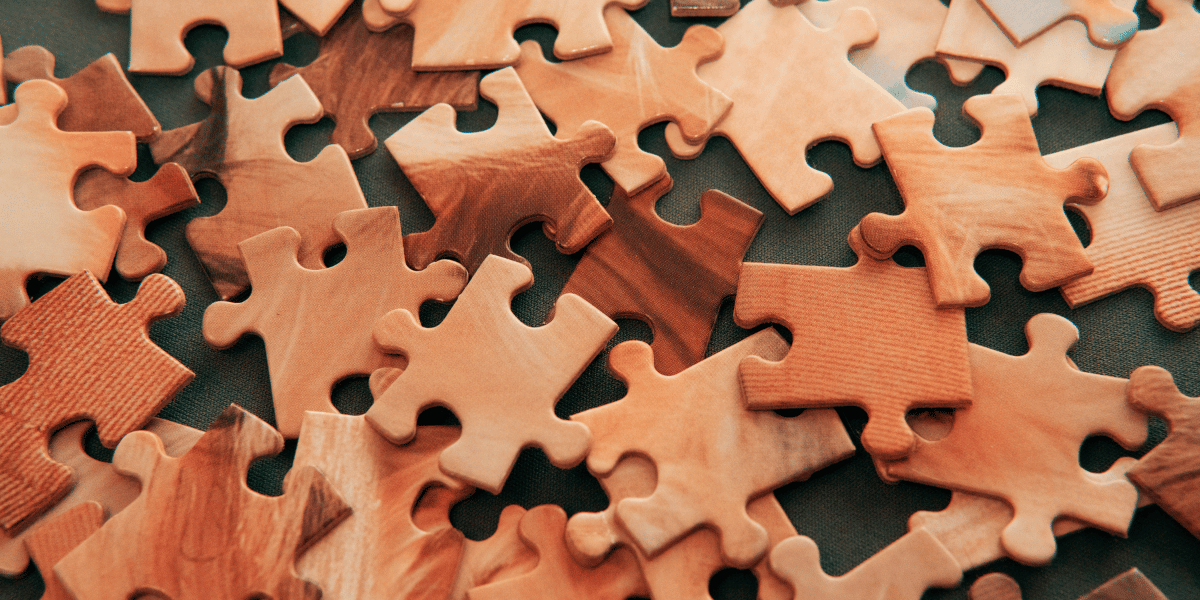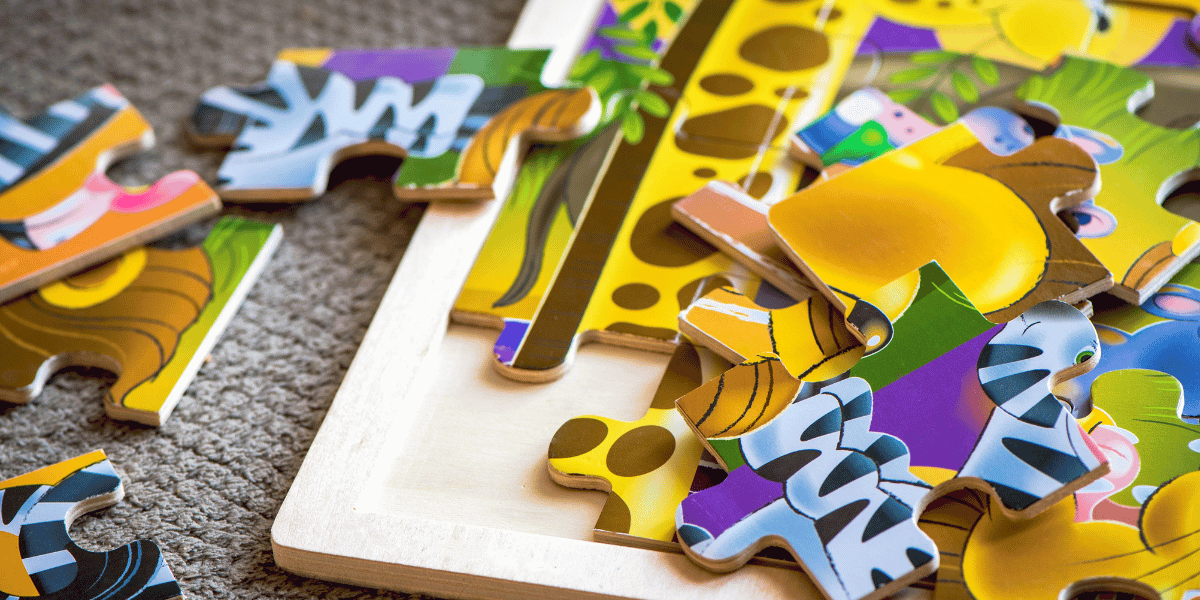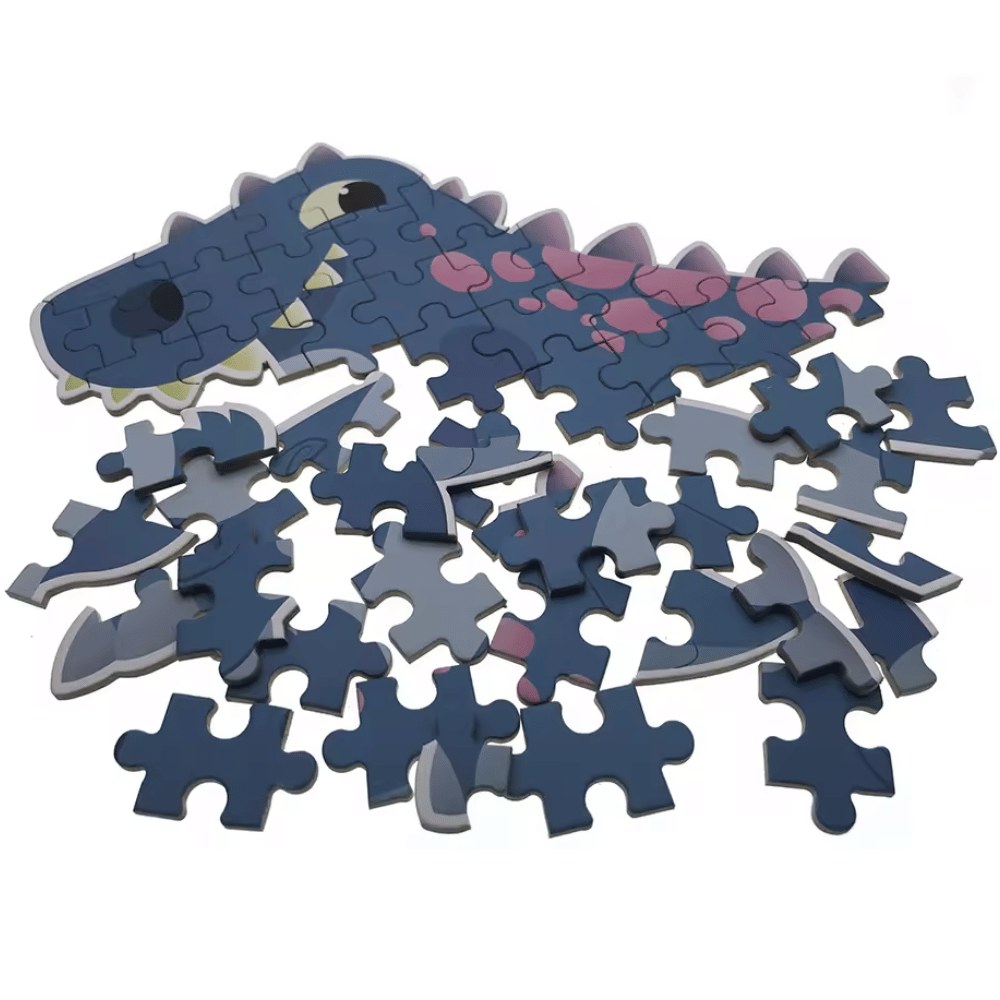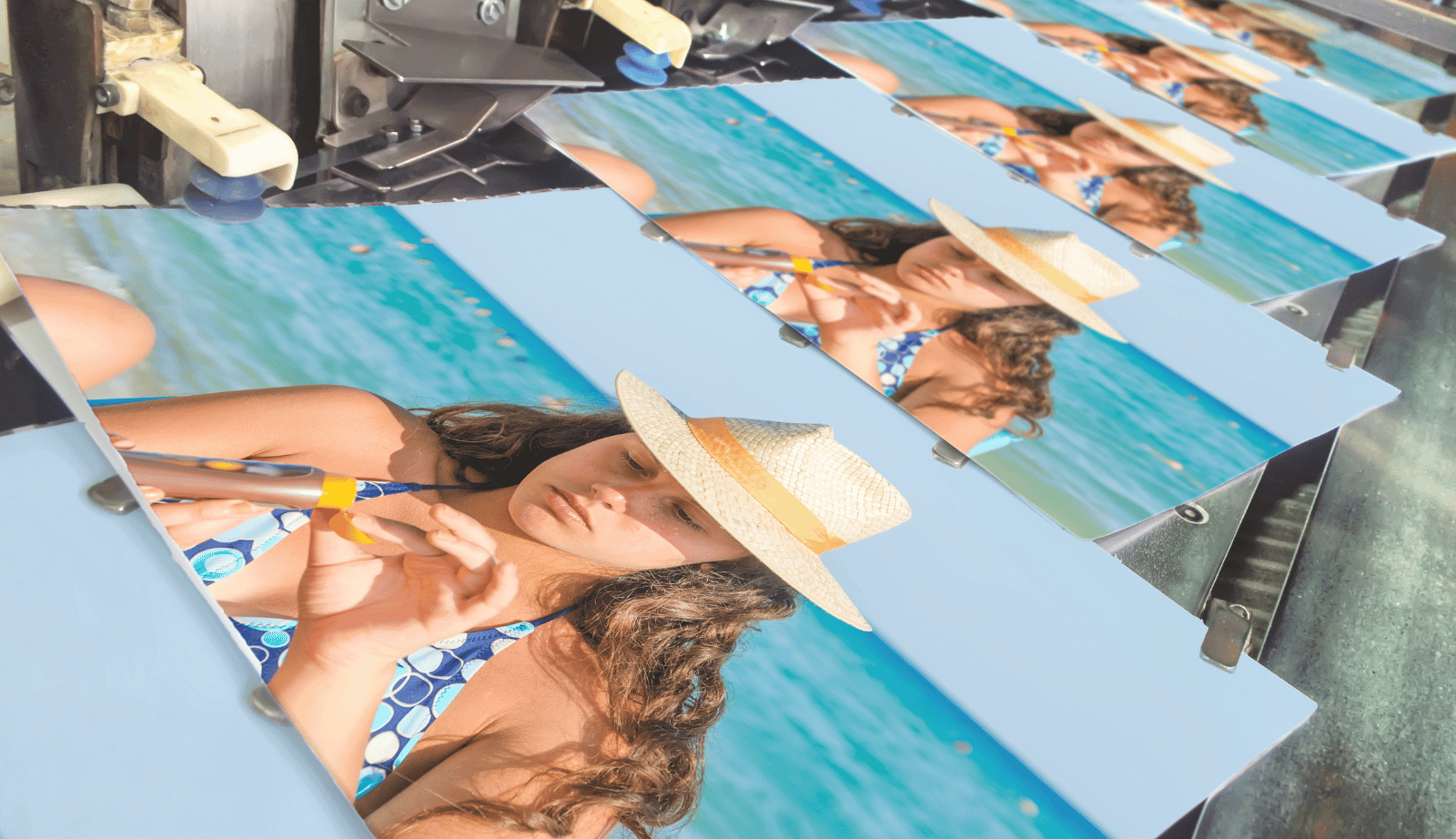
Related Blogs
Read our blog about the puzzles. Get the free custom services and worldwide shipping with reliable quality from our factory.
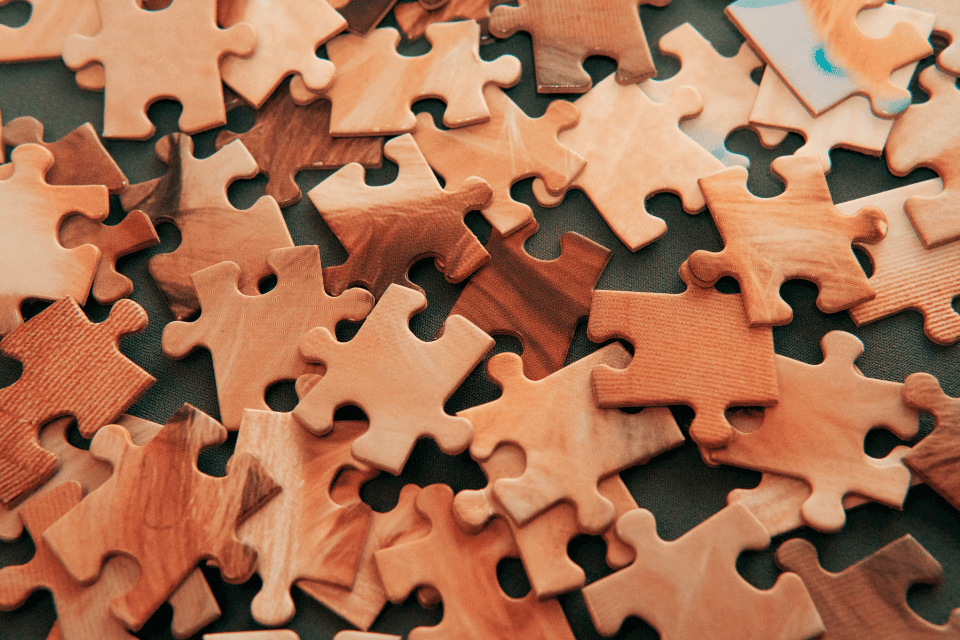
How to Choose the Best Material for Your Custom Puzzles
Selecting the right material for custom puzzles is crucial to ensuring both quality and durability.

